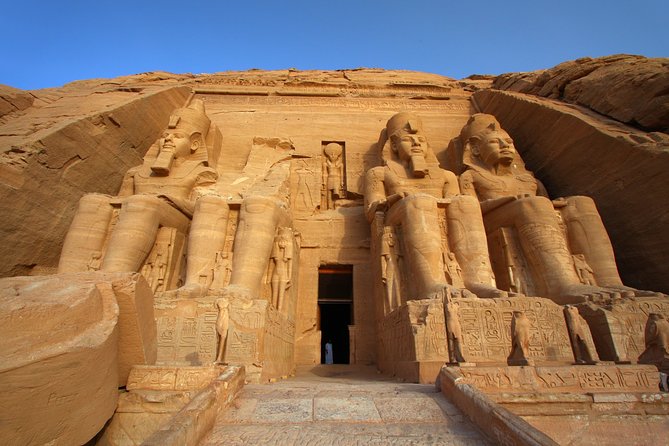spotthenumber.com – Sohag, located in Upper Egypt, is a governorate that boasts a deep historical significance and a vibrant cultural heritage. This article delves into the unique features and attractions that make Sohag an essential part of Egypt’s rich tapestry.
Historical Significance
Ancient Heritage
Sohag is home to some of Egypt’s most significant archaeological sites. The region is steeped in history, with roots that trace back to the Pharaonic era, making it a treasure trove for historians and archaeologists alike.
Notable Sites
Among the prominent sites are the ancient city of Abydos, known as a cult center for the god Osiris, and the Coptic White Monastery, which reflects the region’s religious diversity and historical importance.
Economic Landscape
Agriculture
The economy of Sohag is primarily driven by agriculture, benefiting from the fertile lands along the Nile River. Key crops include sugar cane, wheat, and various fruits, which play a crucial role in sustaining the local economy.
Emerging Industries
While agriculture remains dominant, Sohag is witnessing growth in other sectors, including small-scale industries and crafts, which are gradually contributing to the region’s economic diversification.
Cultural Heritage
Festivals and Traditions
Sohag is rich in cultural traditions and hosts numerous festivals throughout the year. These events celebrate the region’s historical legacy and provide insight into the local customs and lifestyle.
Architectural Wonders
The governorate is dotted with remarkable architectural sites, from ancient temples to modern structures, each contributing to Sohag’s unique cultural landscape.
Conclusion
Sohag stands as a testament to Egypt’s enduring historical and cultural richness. Its combination of ancient sites, thriving agriculture, and cultural vibrancy makes it a fascinating region for both locals and visitors to explore.
